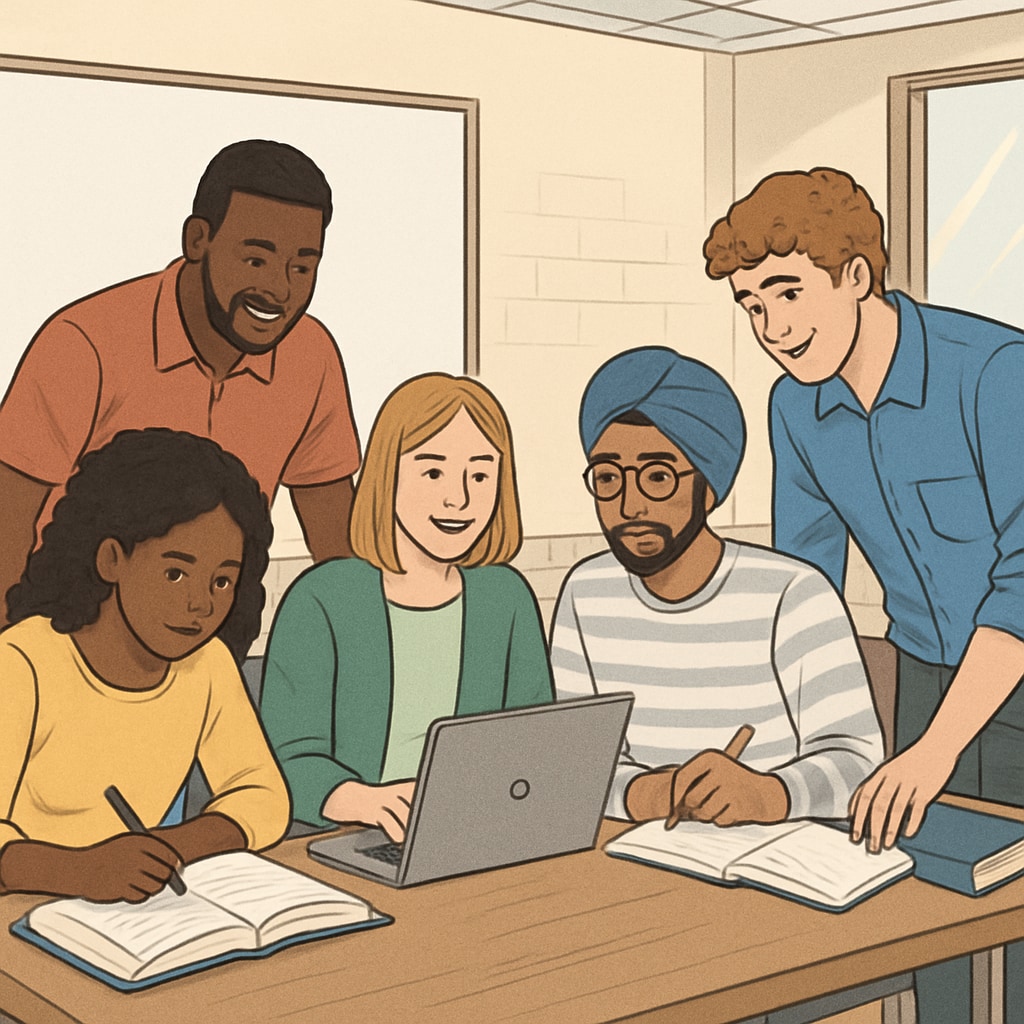Educational disruptions are a common challenge faced by many young people in the UK. Whether due to personal circumstances, financial difficulties, or other barriers, returning to education can seem daunting. However, the UK education system offers a variety of pathways designed to support students in overcoming these obstacles and pursuing qualifications that match their aspirations. From foundational certifications to advanced degrees, this guide explores practical resources, psychological adjustments, and strategies to help students re-engage with their learning journey.
Understanding Educational Disruption and Its Challenges
Educational disruption can occur for many reasons: illness, family responsibilities, or economic hardship. Regardless of the cause, students often face significant hurdles when attempting to return to formal education. These challenges include gaps in foundational knowledge, a lack of self-confidence, and difficulties navigating available opportunities.
For example, young people who leave school without completing GCSEs (General Certificate of Secondary Education) may feel limited in their career options. However, it is important to remember that the UK education system provides numerous “second-chance” opportunities for qualification enhancement. Programs like functional skills courses, apprenticeships, and Access to Higher Education diplomas are all designed to address the diverse needs of returning students.

Exploring Pathways for Qualification and Skill Building
Returning to education does not follow a one-size-fits-all model. The UK offers a range of pathways catering to different learning styles and goals. Below are some key options:
- GCSE Resits: For those who did not achieve the desired grades, many colleges and learning centers offer GCSE resit programs. These courses are often flexible, with evening or part-time options to accommodate personal commitments.
- Functional Skills Qualifications: These are practical alternatives to GCSEs, focusing on essential skills in English, mathematics, and ICT (Information and Communication Technology).
- Apprenticeships: For individuals who prefer a hands-on approach, apprenticeships combine work experience with study, allowing students to earn while they learn.
- Access to Higher Education Diplomas: These courses are designed for adults aiming to enter university without traditional qualifications. They cover a wide range of fields, from healthcare to engineering.
Each pathway has its own requirements, so researching available options and seeking guidance from local educational advisors is essential. For more details, you can explore resources like Further Education Courses on GOV.UK.

Emphasizing Mental Health and Emotional Resilience
Returning to education after a break is not just an academic challenge—it also requires emotional resilience and mental preparedness. Many young people may experience feelings of inadequacy or fear of failure, which can hinder their progress. To address this, here are some strategies:
- Seek Counseling Support: Many schools and colleges offer free mental health counseling services. Talking to a professional can help students build confidence and develop coping mechanisms.
- Join Peer Support Groups: Connecting with others in similar situations can provide a sense of community and shared motivation.
- Set Realistic Goals: Breaking down long-term objectives into smaller, achievable steps can make the journey feel more manageable.
Additionally, organizations like YoungMinds offer valuable mental health resources specifically tailored for young people in the UK. Utilizing these tools can make the transition back to education smoother and more fulfilling.
Looking Ahead: Building a Sustainable Educational Plan
Once a student has re-entered the education system, it is crucial to maintain a sustainable plan for their learning journey. This includes regular self-assessment, seeking mentorship, and staying informed about additional opportunities for advancement. For instance, students can explore scholarship programs, vocational training, or online courses to further enhance their skills.
Ultimately, the key to success lies in persistence and adaptability. With the right resources and support, young people can overcome educational disruptions and unlock new opportunities for personal and professional growth.
Readability guidance: Use concise paragraphs, incorporate lists for clarity, and distribute transitions like “however,” “for example,” and “therefore” throughout the text to improve flow. Aim for accessible language while maintaining a professional tone.


